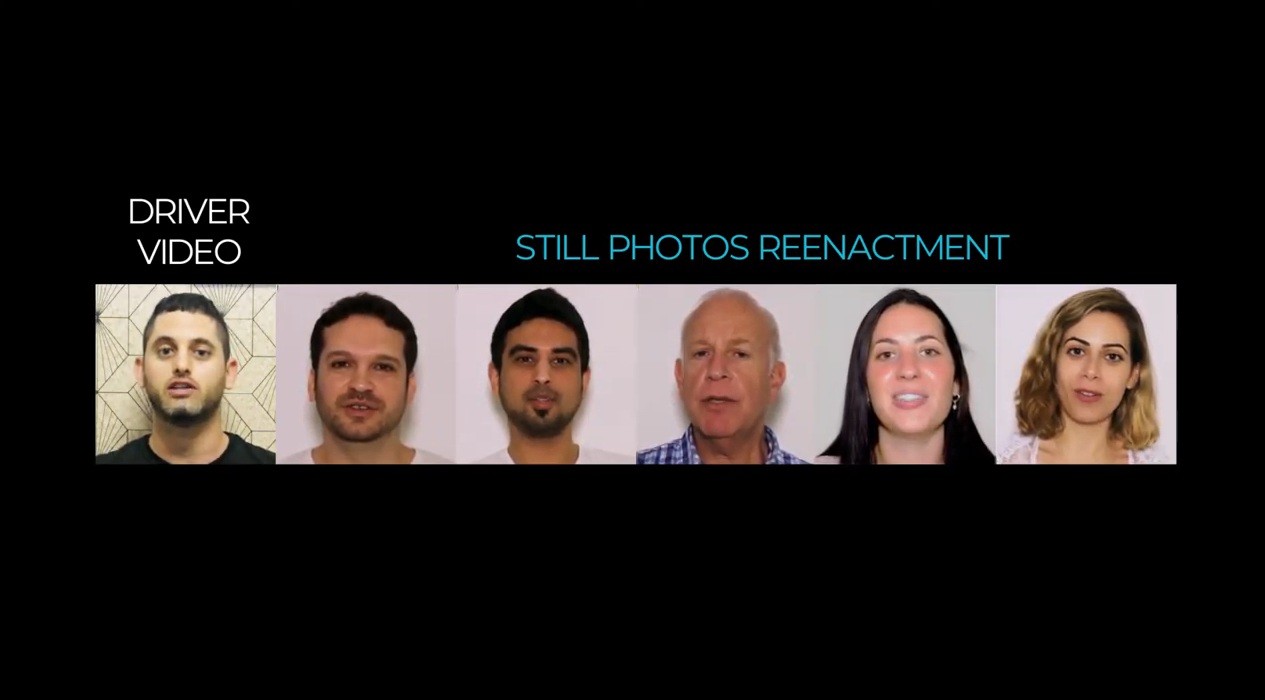Getting your Trinity Audio player ready...
Israeli start-up tech company D-ID launches new technology that will allow the film and television industries to turn still images into vivid and lively videos.
This deep-learning technology can manipulate images to replicate even the finest movement in a source video, called a "driver."
D-ID living portrait technology
(Video: Courtesy)
D-ID's new service could save film and television productions countless shooting days. Star actors will only have to arrive at the set once and have their picture taken. The rest of the shooting can be done from anywhere else. D-ID offers a mobile app that allows actors to animate images with their takes.
The model can also generate teeth that match the original image even if the person is pictured with their mouth closed.
"We've created a model that is divided into three deep-learning networks and trained it on tens of thousands of videos of people talking," said D-ID Chief Technological Officer Eliran Kuta. "If the driver smiles and exposes their teeth but the image has a person pictured with their mouth closed, the model can replicate the missing pixels and adjust them to match the target face."
D-ID claims that their new service is not meant to replace actors, but to allow them to work from home during the coronavirus pandemic and after.
D-ID technology currently mostly works for portrait images. However, D-ID founders said this technology could be easily be expanded to videos featuring running, jumping, and moving objects.





